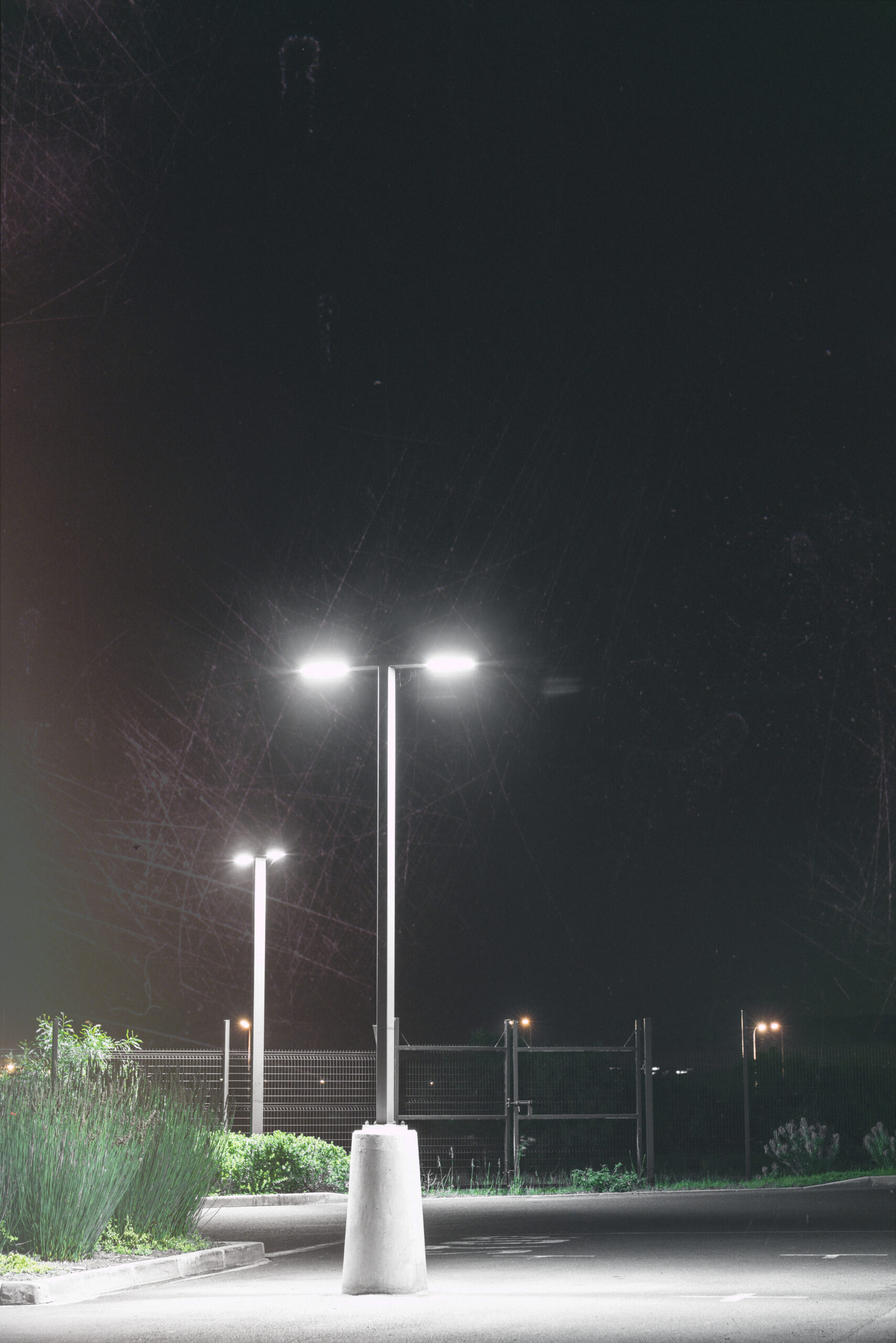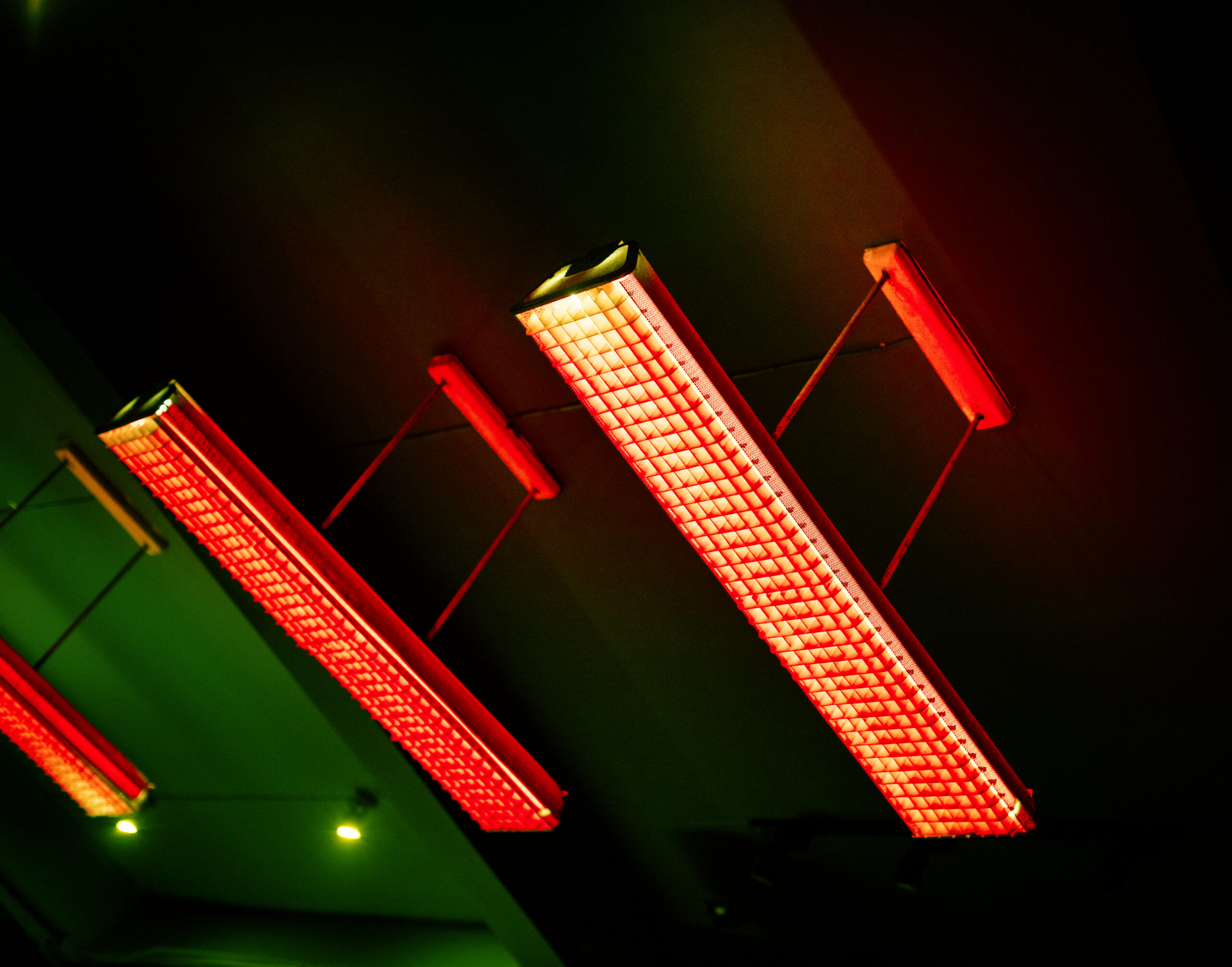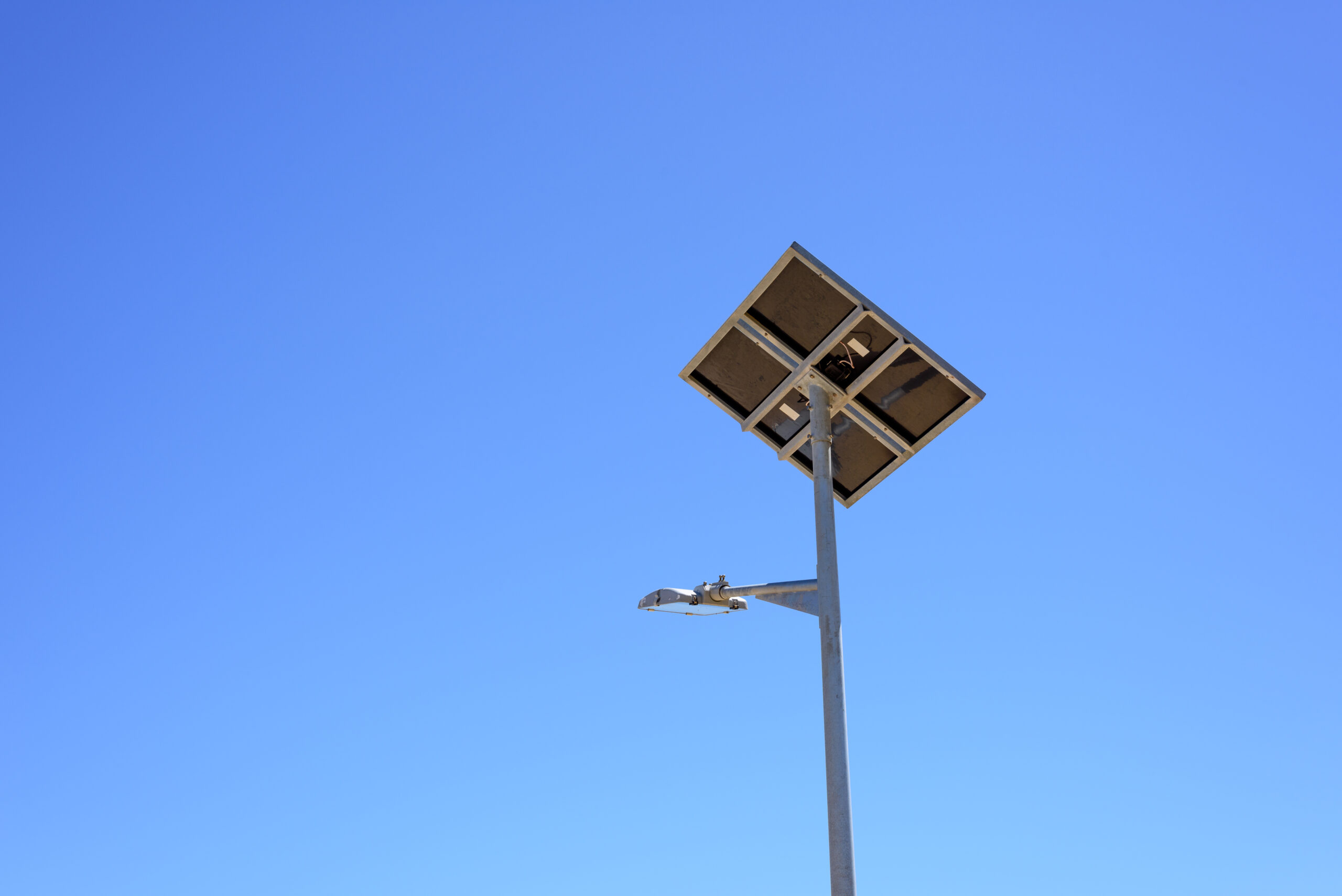Solar outdoor lights are an environmentally friendly option created to illuminate outside spaces while minimizing carbon footprint and utility costs in this age of environmental consciousness. Solar–powered lighting systems are shaping our thinking about outdoor lighting, as the technology is developed and prices fall.
This guide lays out everything you need to understand solar outdoor lighting, from the installation benefits to how to choose a system that works for you.
What is Solar Outdoor Lighting?
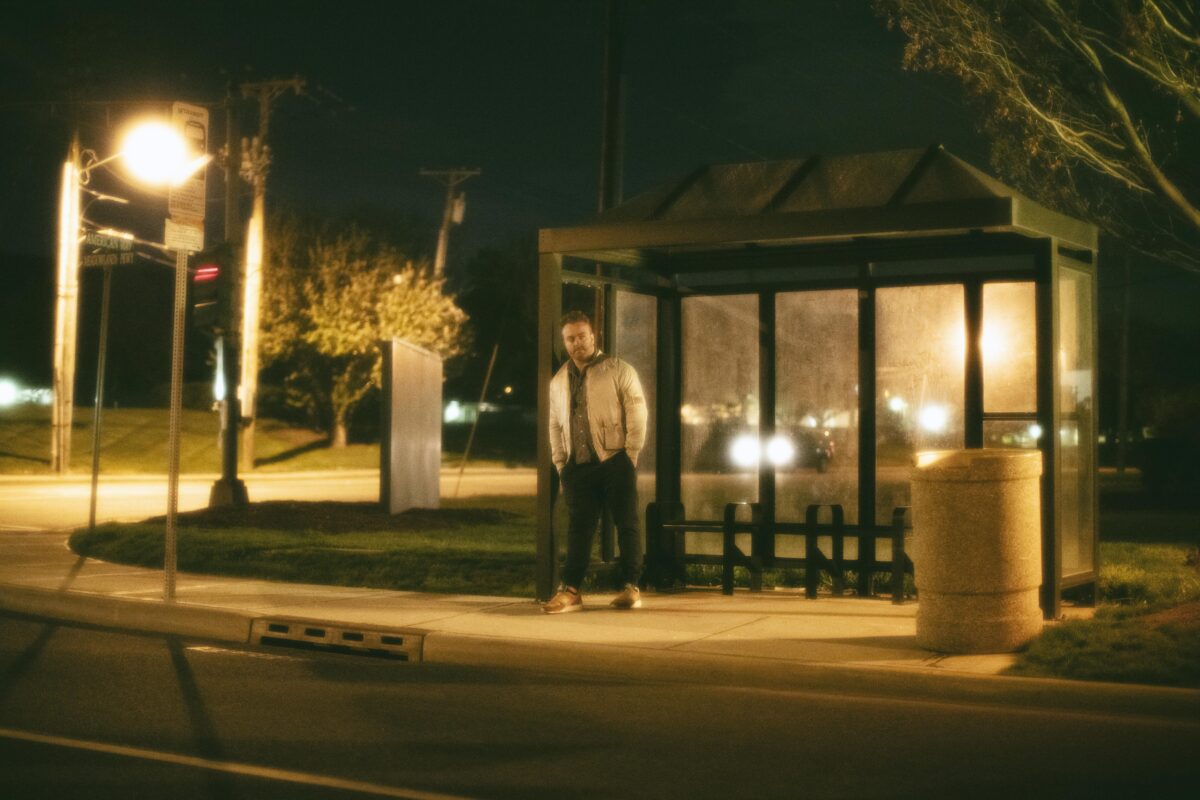
Outdoor solar lighting is a general term for lighting outdoors using the sun’s energy. They absorbed solar energy throughout the day. They empowered a burst while simultaneously charging a pair of onboard rechargeable batteries, then dutifully lit your yard and any other outdoor area whenever there was not enough natural light. Unlike conventional lighting systems, solar lights can be installed in even the most remote areas since they do not depend on the grid to operate, making them ideal for property owners who want to reduce their carbon footprint.
The technology of Solar outdoor lighting has evolved rapidly; today, modern systems include high-capacity battery storage, high-efficiency LED, and smart controls.
According to the environmental magazine Solar Power World, the solar lighting market will climb to plant reached of $3.9 billion by 2025 due to an increase in demand for sustainable lighting solutions.
Types of Solar Outdoor Lighting Systems
太阳能路灯
Another big use of solar technology is in the form of solar street lights. Usually a pretty large battery, with a powerful LED array that can run 6-12 hours continuously, depending on the device. Solar street lights have more technically advanced features compared to the past (such as motion sensors, dimming features, and remote control systems).
Motion Sensor Lights
Both residential and commercial property owners can have security and economical energy using solar motion sensor lights. These intelligent systems sit idle, retaining a fraction of their power usage until human movement is detected. Once triggered, these emit bright light for some time, typically 30 seconds to 5 minutes.
Now, with PIR (Passive Infrared) sensors to replace the previously used box motion sensor lights, this eliminates 95% of the false activations caused by small animals or grass swaying in the wind. For this reason, driveways, walkways, and security applications are where motion sensor lights come in handy.
太阳能停车场灯
These can help save money in the long run, and they are also an energy supply for customers and commercial properties that require reliable lighting, but Solar parking lot lights are rapidly developing as the lighting option of choice. Equipped with a large battery and strong LED arrays, these systems are very powerful and can last for days on end even when not directly illuminated by the sun.
Numerous studies have demonstrated that solar parking lot lights can reduce parking lot lighting costs by more than 70-80% over the 10-15 years some lights last.
According to the National Renewable Energy Laboratory, a typical solar parking lot lights installation recoups its costs in energy savings and reduced maintenance within 3-5 years.
Beyond the Bulb: The Hidden Benefits of Solar Outdoor Lighting
Environmental Impact
Solar outdoor lighting systems are not dependent on fossil-fuel-generated electricity, so their emissions are substantially lower. Using solar lights instead of a traditional lighting system on average saves 1,500 pounds of CO2 emissions annually, according to the EPA.
节约成本
So, these are the financial benefits that you gain from the solar outdoor lighting. While there is a higher upfront cost to installing them, the savings you will make on electricity bills and the very low upkeep cost will make up for it over time.
Installation Flexibility
The greatest advantage of solar lights is unparalleled flexibility of installation because of independence from electrical wiring and the grid. With this advantage, they are ideal for either remote sites, or temporary, apporukop installations, or locations where trenching for electric cable would be either economically unviable, or disruptive.
低维护
Traditional outside solar light approaches require hardly any maintenance– in this particular example, a cleaning of the sunlight panels using a very soft rag and also a battery change every three– five years. Combine this with the fact that solar lights also use LED bulbs that can last 25,000 to 50,000 hours, and your maintenance concerns go even lower.
Don’t Buy Until You Read This: Critical Features of Solar Outdoor Lighting
Battery Capacity and Technology
The storage battery system is the primary factor affecting the working effect of solar outdoor lights. Lithium-ion batteries are simply superior to traditional lead-acid batteries with regard to lifespan, charging speeds, and ability to tolerate high temperatures and extreme cold. Most good-quality solar light bulbs are equipped with a 2-5 day backup battery, which would work in case of cloudier days.
LED Efficiency and Brightness
High efficiency LEDs are used in solar outdoor lighting systems today and can be anywhere from 100–150 lumens per watt. Incandescent only gives off 10–17 lumens per watt. That helps in making the solar lights with brighter light, with very low battery usage.
Smart Controls and Automation
More advanced solar outdoor lighting systems are increasingly incorporating smart features like dusk-to-dawn operation, motion detection, dimming capability, and remote monitoring. It maximizes the overall power usage and prolongs the battery lifecycle with multiple luminaire configurations.
Installation and Maintenance Tips – What You Actually Need to Know
Site Assessment
And this is exactly why site assessment is so critical to the success of any solar outdoor lighting solutions. Solar panels must be placed in sunlight that is not shaded for more than 6 hours a day. Avoid areas where the glorious sunlight will be impeded by the construction of a building, trees, or any other object that may obstruct that beautiful sunlight.
Seasonal Considerations
The seasons also affect how well solar outdoor lighting works since the strength of sunlight and its angle change. In colder climates, winter performance may be 30% to 40% lower than summer months. Accurate sizing of components relative to the maximum expected operating conditions will ensure reliable year-round operation.
Regular Maintenance
Solar lights require incredibly little maintenance, but cleaning the solar panels once a week and checking the batteries every couple of months is advisable to get the best out of them. Clean panels have been shown to collect 15-20% more energy compared to dirty panels.
Cost Analysis and ROI Considerations
Initial Investment
Solar outdoor residential lighting systems range in price depending on their application and features of efficiency features. Home solar lights typically range from $50-200 per light, whereas commercial solar street lights are priced from $1,500-3,000 per light.
Long-term Savings
Investments in solar outdoor lighting may be on the higher side, but the RoI is decisive. The National Renewable Energy Laboratory indicates that the payback period for commercial solar outdoor lighting installations based solely on energy savings and maintenance savings typically falls between 3-7 years.
Financing Options
There is also powerful incentive in the form of rebates and financing programs for solar outdoor lighting installs in many jurisdictions. There are over 200 such programs in the country, which are anonymously tracked by DSIRE for solar lighting projects.
From Pathways to Patios: Diverse Applications of Solar Outdoor Lighting
Residential Properties
More homeowners than ever are choosing to use solar outdoor lighting for their pathways between the outdoors, as well as their driveways, their gardens, and for security applications. With residential solar lighting, these outfits enable you to navigate around your ways, highlight your house, and add a layer of security, without having to see electrical expenses go up at the end of the week.
Commercial and Industrial
Businesses use solar outdoor lighting for parking lots, walkways, signage, and security lighting. In other words, commercial applications have larger systems and intelligent controls, and monitoring.
Municipal and Public Spaces
From park benches, sidewalks, and transit hubs to government buildings, this form of solar outdoor lighting solution is paved in stone for every city across the Globe. Aside from being a public lighting savings, these installations also demonstrate environmental stewardship.
Emerging Trends in Solar Outdoor Lighting Technology
智慧城市一体化
Like many other lights, Solar outdoor lighting is also transitioning into a smart city system with IoT connectivity, environmental sensors, and even sophisticated data collection. These smart solar lights not only provide light but also monitor the air surrounding, traffic patterns, and weather.
Improved Energy Storage
Improved batteries are giving solar outdoor lights better functioning. Thanks to their long life and safety advantages compared to conventional lithium-ion batteries, lithium iron phosphate (LiFePO4) batteries have played an important role in the field of modern renewable energy technologies.
Integration with Next Generation’s Advanced Networks
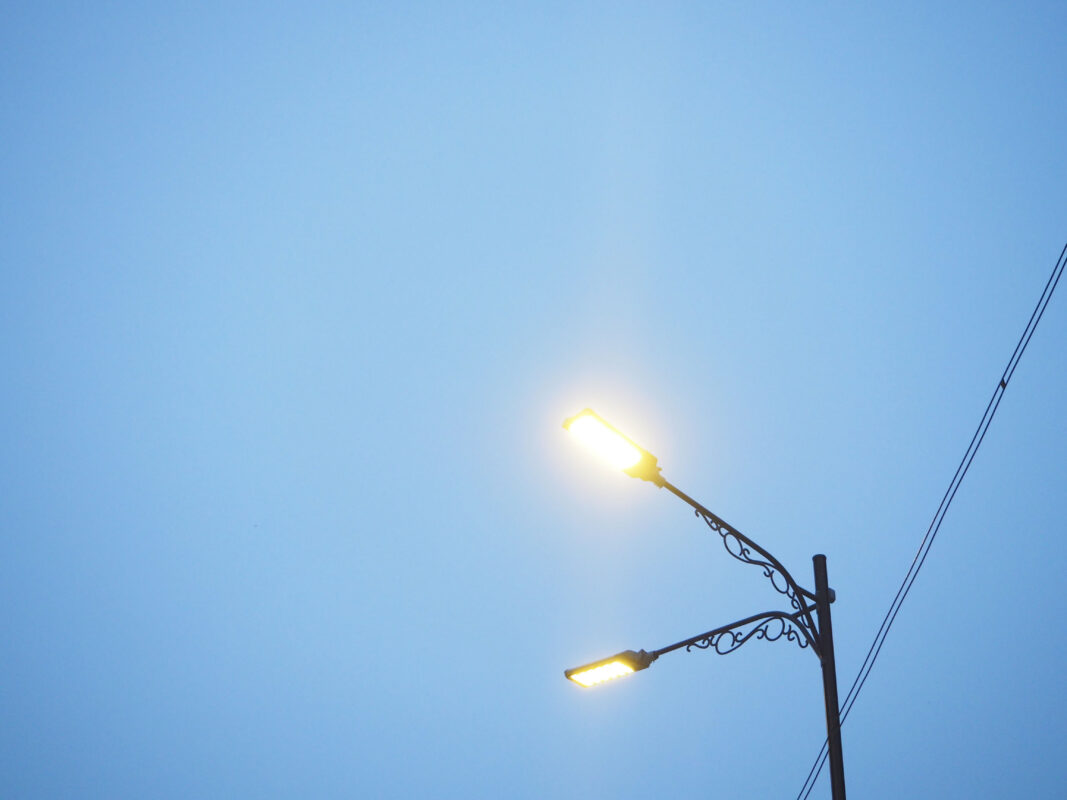
Eventually, even 5G small cell technology will be integrated into solar outdoor lighting systems, turning light poles into wind- and solar-powered communication infrastructure.
结论
Innovative and eco-friendly, solar outdoor lighting is the solution to light your outdoor spaces without a large carbon footprint and energy cost. The continued strength in technology development, decreasing cost, and increasing efficiency have positioned solar lights as Distributor Choice over other choices for home, commercial, or municipal use.
With innovation and reduction of cost at regular intervals, a rising trend of solar outdoor lighting will shape clearer and efficient, as well as cost-effective and sustainable illumination solutions in the global communities.
常见问题
How long can we expect solar outdoor lights to last?
With proper maintenance, most quality solar outdoor lighting will last 10–15 years. LED bulbs, on the other hand, last approximately 25,000-50,000 hours (and there is a replacement required for batteries, which is every 3-5 years).
Will Solar Light Work In Winter & Cloudy Weather?
Solar lights do work in the winter and during cloudy periods, just not at full capacity. Like good quality systems should have battery backup for 2–5 days of gloomy weather. In winter, with fewer sunlight hours, plan on a 30–40% loss of performance.
How Bright Are Solar Outdoor Lights Compared to Regular Lights?
Due to the incredible advances of LED technology and lithium batteries, modern solar outdoor lighting is sometimes every bit as bright as its external shape. These top systems provide 2000-4000 lumens per bulb, the same amount of light produced by a 150-300-w incandescent bulb, while only consuming 20-40 watts of power.
Do outdoor solar lights make sense?
This means that the ROI of solar outdoor lighting is superb in the form of zero electricity bill, very low maintenance, and a small carbon footprint. Most systems provide enough energy savings to pay for themselves within 3-7 years.
Where to Install Solar Outdoor Lights
Most of the outdoor areas that experience a degree of sunshine are best fit to yield the advantages of solar-powered outside lighting. All it requires is 6+ hours of full exposure to the sun each day. They are also ideal for use in areas where connecting to an electrical supply is difficult.

